TEHRAN(Bazaar) –Marc Finaud, Head of Arms Proliferation at the Geneva Centre for Security Policy (GCSP), says “it is possible to include a step-by-step, ‘tit-for-tat’ approach into a final deal, as this was accepted in the previous rounds of the Vienna talks.”
He adds that “The JCPOA itself was successful because it relied on reciprocity and incrementalism.”
Following is the text of the Bazaar interview with Marc Finaud.
Bazaar: Axios has stated that the United States is seeking an interim agreement with Iran in order to gain the necessary time to negotiate a better agreement. What is your assessment of the solution?
Finaud: All parties have an interest in the full restoration of the JCPOA as soon as possible: Iran to allow the lifting of sanctions, and the others to ensure full compliance by Iran. Before the JCPOA was adopted in 2015, there were already two interim agreements that facilitated the final deal. However, today, such interim steps should be part of the final ‘package deal’ and not a way to postpone its adoption.
Bazaar: Three American and Israeli sources told Axios that US National Security Adviser Jake Sullivan, in a meeting with his Israeli counterpart, came up with the idea of reaching an interim agreement with Iran to allow time for nuclear talks. Why is this idea put forward by a European country currently being considered by the United States?
Finaud: It is understandable that the US tries to placate Israel, whose government is opposed to any realistic deal with Iran. But the US will certainly not sacrifice its own national interests to please its ally. In any case, if the idea came from a European country, it is not the official position of the European Union, which has a crucial role in mediating for a final agreement in the shortest possible time frame.
Bazaar: According to US sources, such an idea means that in the face of a halt to 60 percent enrichment in Iran, the United States and its allies would release some of Iran's blocked funds to provide sanctions exemptions for humanitarian goods. Given that nuclear progress is Iran's bargaining chip to lift all sanctions, will Iran accept the offer?
Finaud: It seems unlikely, especially in view of Iran’s lack of trust in the US after it withdrew from the JCPOA and applied a policy of maximum pressure. However, it is possible to include a step-by-step, ‘tit-for-tat’ approach into a final deal, as this was accepted in the previous rounds of the Vienna talks. The JCPOA itself was successful because it relied on reciprocity and incrementalism.
Bazaar: This is still an immature idea, and the Biden administration continues to insist that the 2015 nuclear deal be fully revived, but given the plan to resume nuclear talks on November 29, the proposal would at least provide an opportunity for U.S. government work on it. What is the benefit of this interim agreement for the United States and will it satisfy its allies as well?
Finaud: No solution can be imposed on any party to the JCPOA. If all agree that a series of interim steps are possible and necessary, this could be included into a final ‘package’.
Bazaar: What is your assessment of the International Atomic Energy Agency's new report about Iran before the start of the nuclear talks?
Finaud: The IAEA applies its mandate, focusing on Iran’s implementation of its Safeguards Agreement, Additional Protocol, and JCPOA obligations. Since Iran itself reported some suspensions of its key obligations, the IAEA can only report on that. There are other issues regarding IAEA access to some specific sites, which need to be solved in a cooperative way, particularly on the occasion of Rafael Grossi’s visit to Tehran.

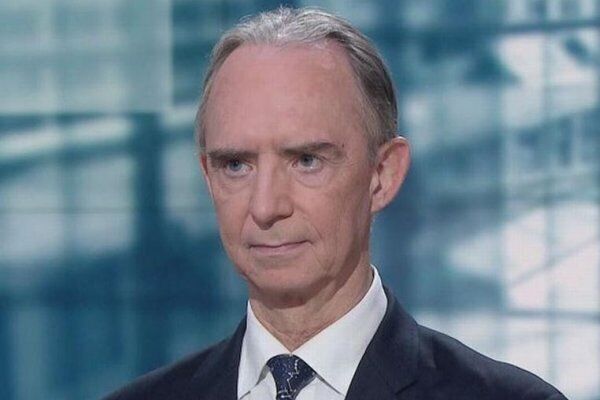



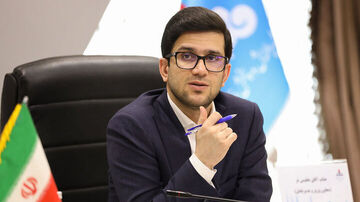

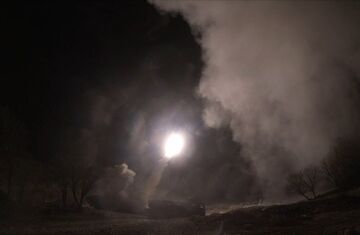


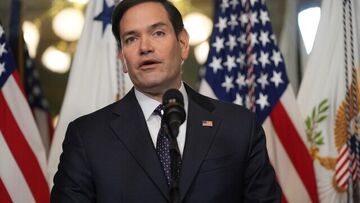
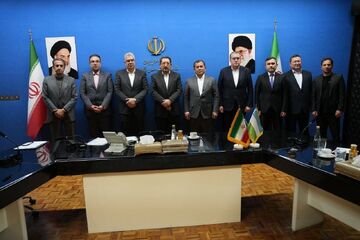
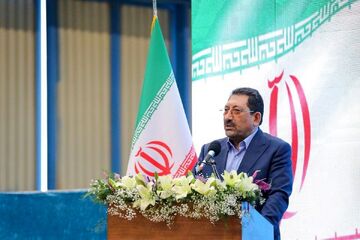

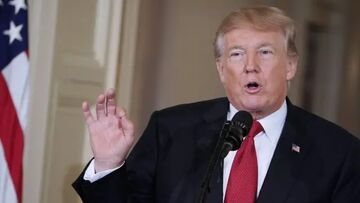
نظر شما